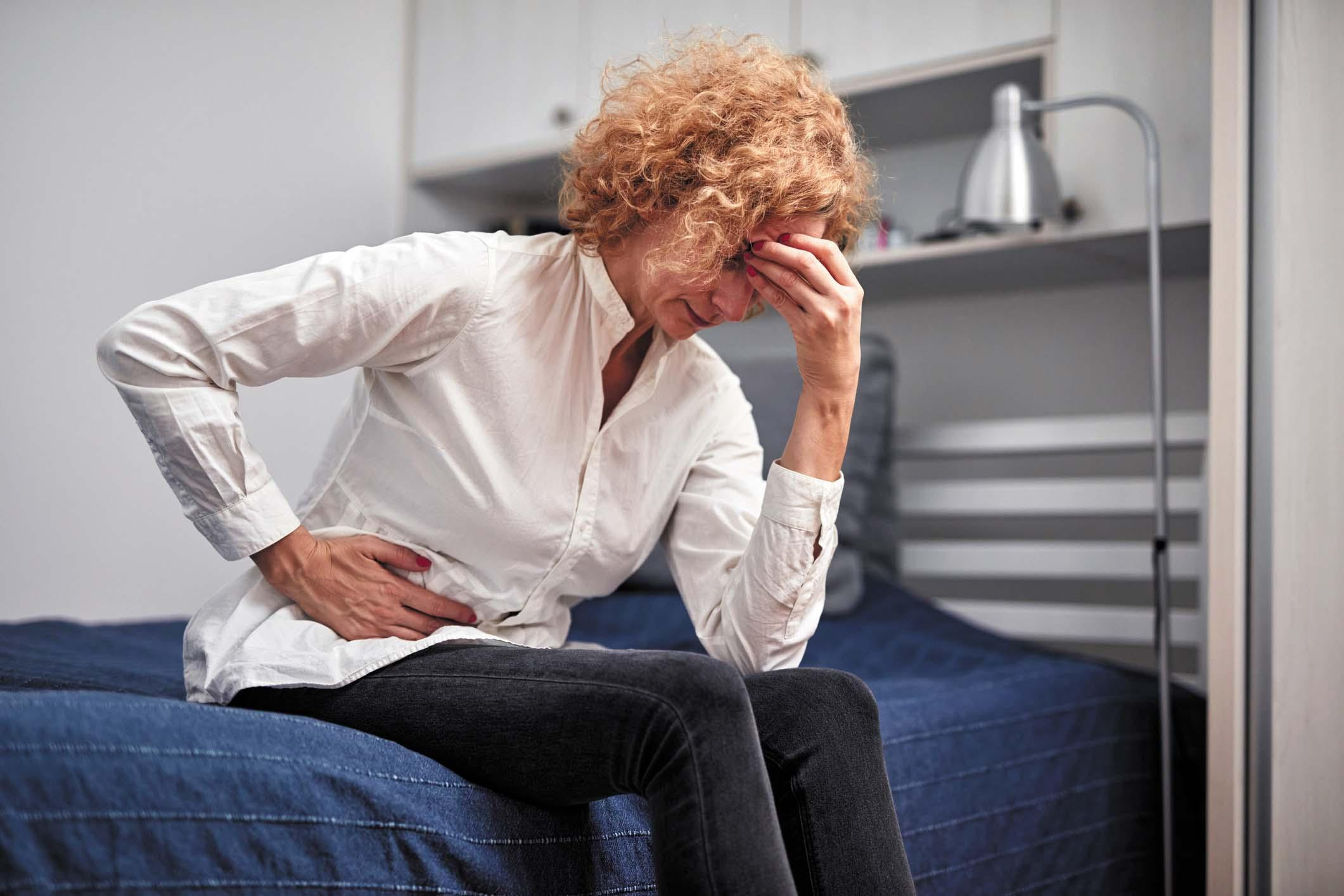- Horsetail (Equisetum arvense): The Herbal Powerhouse for Bone Health and Urinary Support
- Chilli Leaves: The Overlooked Superfood Packed with Flavor and Health Benefits
- Bull Thistle (Cirsium vulgare): A Wild Plant with Surprising Benefits
- Mugwort (Artemisia vulgaris): 20 Incredible Benefits and How to Use It
- Wild Lettuce Extract: A Potent Remedy for Pain and Sleeplessness
Just because a situation is equal doesn’t make it equitable. Case in point: inflammatory bowel disease (IBD) — which has been diagnosed in about one of every 100 American adults — affects roughly equal numbers of both sexes. But the condition clearly inflicts a disproportionate burden on women, shaping symptoms, affecting reproductive decisions, and increasing risks of ominous downstream effects.
You are watching: Inflammatory bowel disease’s gender bias
IBD comprises both Crohn’s disease — which can affect any part of the digestive tract from the mouth to the anus — and ulcerative colitis, which is limited to the colon. Diarrhea, abdominal pain and cramping, urgency, rectal bleeding, weight loss, and fatigue are commonplace among both men and women with the disorder. Some patients with IBD experience only mild symptoms, while others cope with much more severe cases. People with Crohn’s, for instance, can develop abnormal, tunnel-like fistulas between their colon or rectum and nearby tissues such as the skin, bladder, or vagina.
IBD’s gender bias was highlighted by a study published in the February 2023 issue of the Journal of Personalized Medicine, which reported that women with the condition report more psychological distress and a worse quality of life than male peers. IBD can also be harder on women because of its array of specific effects on their reproductive and overall health, says Dr. Rachel Winter, a gastroenterologist at Harvard-affiliated Brigham and Women’s Hospital.
Formidable challenges
Here’s how IBD can affect women differently from men:
See more : 10 Everyday Ways to Use Guava Leaves in Your Home
Symptoms ramp up during menstruation. For many women, even without IBD, periods bring intestinal troubles such as abdominal pain, loose stools, or indigestion. For women with IBD, such overlapping symptoms can make them feel like they’re having a flare even if they’re not, Dr. Winter says.
Sex can be painful. If Crohn’s disease affects a part of the intestine near the perineum — the area between the vulva and anus — women can find vaginal sex excruciating. A fistula between the intestinal wall and the vagina can create the same issue, as can abdominal scar tissue from IBD-related surgeries.
Even the idea of sex can be off-putting, since IBD patients may worry about passing stool during intercourse or feel inhibited if they have an ostomy bag that collects stool outside the abdomen.
It may be harder to conceive. Fertility may suffer when rampant inflammation from IBD affects the fallopian tubes, where fertilization occurs. And IBD flares during pregnancy can raise the risk of complications such as low birth weight or premature birth. “We have open conversations with all of our patients who are considering becoming pregnant in the near future, because certain medications shouldn’t be taken during pregnancy,” Dr. Winter says. “We want to transition to medications that are safe if they conceive.”
Women who take immunosuppressive drugs have a higher risk for cervical cancer. Certain IBD medications that suppress the immune system can raise the risk of abnormal cells developing on the cervix. Because of this, doctors advise women with IBD who take these drugs to undergo screening Pap tests more frequently than other women. IBD itself does not increase the risk for precancerous or cancerous changes of the cervix.
Iron-deficiency anemia is more likely. Menstrual bleeding — which carries iron out of the body — already increases women’s odds of anemia. Adding in digestive tract bleeding from IBD creates a double whammy. IBD also hinders the body’s ability to absorb iron, increasing anemia risk.
See more : Lavender: The Calming Herb You Need in Your Home and How to Use It
Osteoporosis risks increase. This bone-thinning disease already disproportionately strikes women over 50 compared to men. But women with IBD are especially at risk for osteoporosis even at younger ages, particularly if they’ve had problems absorbing nutrients or have taken the steroid prednisone, which weakens bones.
Support tips
How can women with IBD generate support for any sex-specific concerns? Dr. Winter offers these suggestions:
Be candid. Sharing private, potentially embarrassing symptoms or downstream effects of IBD can be daunting. But it’s vital to push past awkward moments and be frank with your doctor, who may be able to propose solutions you hadn’t considered. “Women should not be afraid to openly discuss any of these issues with their providers,” she says.
Look for dedicated IBD programs. Some academic medical centers have programs aimed directly at patients with IBD, increasing the chances that clinicians there will be well versed in women-specific concerns.
Image: © m-gucci/Getty Images
Source: https://colorsofpictures.com
Category: Gardening


